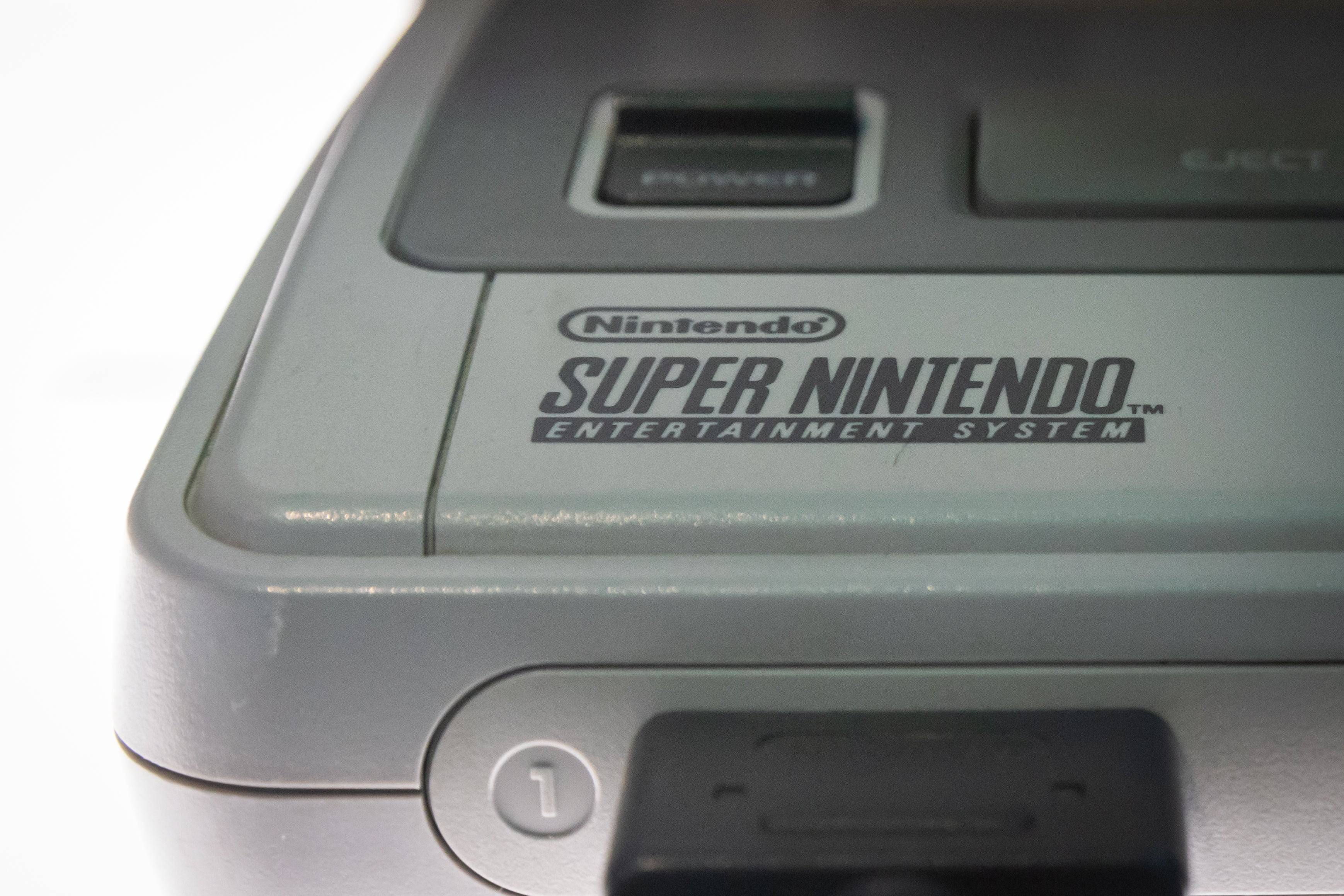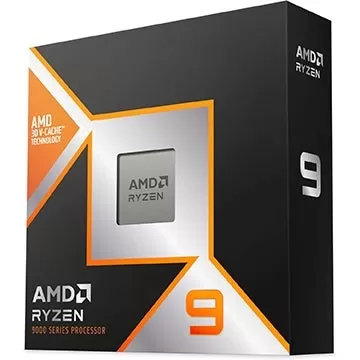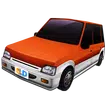SNES Speedrunners Puzzled by Discovery of Increased Speed with Age
The speedrunning community is abuzz with a peculiar technological phenomenon that suggests the Super Nintendo Entertainment System (SNES) is running games faster as it ages. In early February, Alan Cecil, a Bluesky user known as @tas.bot, sparked intrigue by suggesting that the nearly 50 million SNES units sold worldwide might now be performing better than they did back in the 1990s. This theory implies that classics like Super Mario World, Super Metroid, and Star Fox could be running at a faster pace today.
The notion of a console improving with age might sound far-fetched, but Cecil's research points to a specific component: the audio processing unit (APU) SPC700. According to an interview with 404 Media, the official Nintendo specifications state that the SPC700's digital signal processing (DSP) rate is 32,000Hz, governed by a 24.576MHz ceramic resonator. However, retro console enthusiasts have noted discrepancies in these specs, with the DSP rate varying based on environmental factors like temperature. These variations affect how audio is processed and sent to the CPU, subtly influencing game speed.

Cecil took this investigation further by asking SNES owners to record data from their units. Over 140 responses later, a clear trend emerged: the DSP rate has been increasing over time. While the average DSP rate was around 32,040Hz in 2007, Cecil's recent findings peg it at 32,076Hz. Although temperature can cause fluctuations, it's not enough to explain the overall increase. In a follow-up Bluesky post, Cecil shared that "Based on 143 responses, the SNES DSP rate averages 32,076Hz, rising 8Hz from cold to warm. Warm DSP rates go from 31,965 to 32,182Hz, a 217Hz range. Therefore, temperature is less significant. Why? How does it affect games? We do not know. Yet."
As fascinating as these findings are, Cecil acknowledges that more research is needed to understand the full extent and cause of this phenomenon. Historical data from the console's first decade is sparse, but it's clear that the SNES is aging gracefully as it approaches its 35th anniversary.
The implications of this discovery are significant for the speedrunning community. If the SPC700 is processing audio faster, it could theoretically reduce load times in certain game sections, impacting speedruns. However, even in the most extreme scenarios, the difference might only shave off less than a second from an average run. The impact on individual games remains uncertain, and while research is still in its early stages, the community believes there's little to worry about for now.
As Cecil continues his investigation, the SNES marches on through its 30s, seemingly performing better than ever. For those interested in the console's legacy, you can find out where it ranks on the list of best-selling consoles of all time.

















![Salvation in Nightmare [v0.4.4]](https://imgs.21qcq.com/uploads/36/1719555347667e551321c26.jpg)











